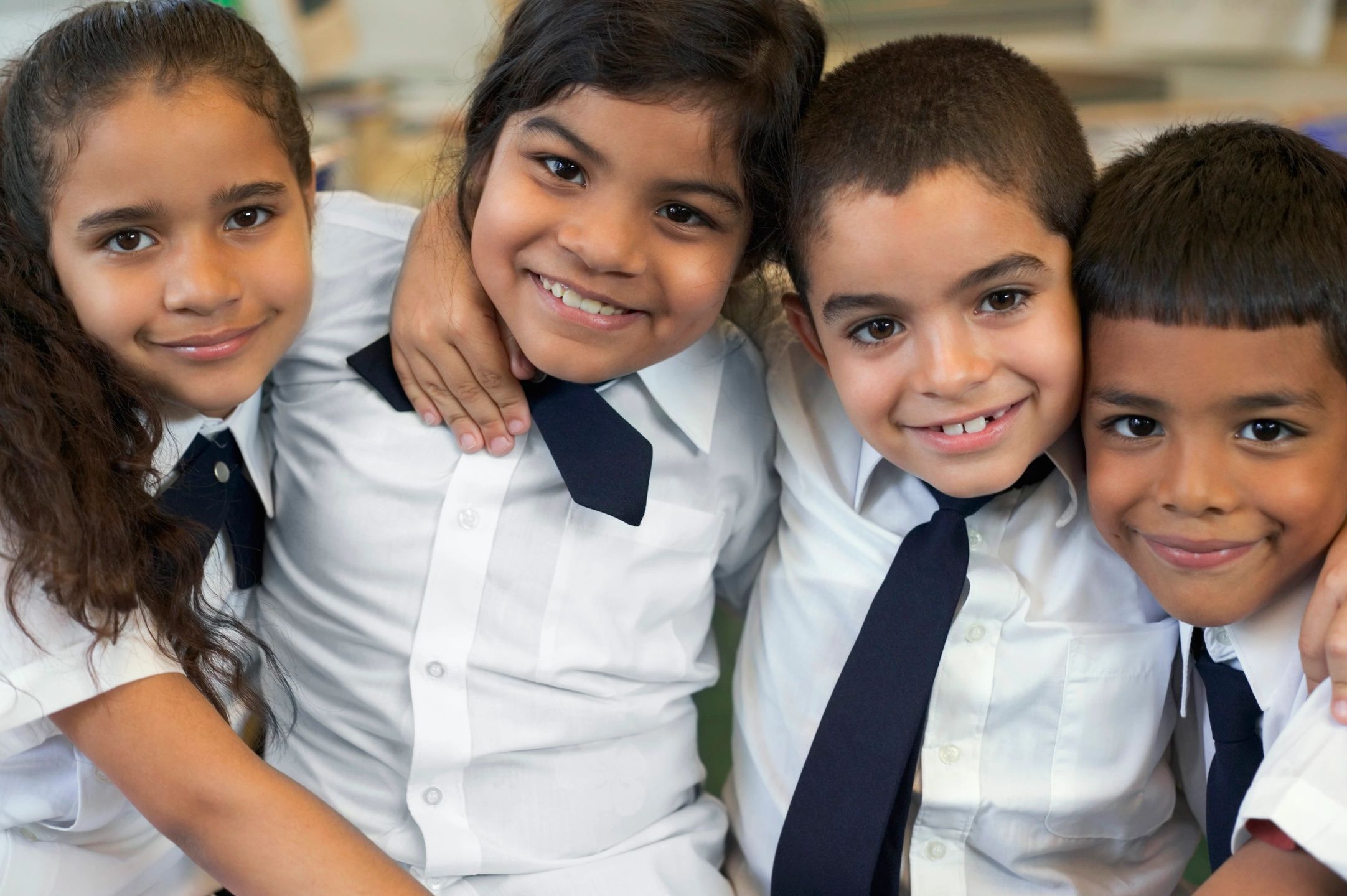By Marwa Abdelfattah, Founder and CEO of CoAuthor
Adults often talk about children in the future tense. “They are the hope of tomorrow”, “the ambassadors of change and prosperity in the next world”, they say, among many other distant wishes. While there is truth in all of these statements, children are actually citizens of today, not tomorrow. They can take an active part in civil participation today. The way we perceive and treat them is an exercise of democracy in the present tense.
1. Children are not just cute, they are people.
We often give children the label of cuteness which tricks us into thinking they are not people who deserve respect. Respect here doesn’t mean that we should talk to children exactly like we talk to adults but that we should grant them the same respect we grant adults. In my view, even infants should be treated with respect. “Respecting a child means treating even the youngest infant as a unique human being, not as an object.” Magda Gerber
2. Children are ambassadors of democracy today.
When we think about democracy, power relations instantly come to mind. In non-democratic societies, dictators take decisions on behalf of the rest of the citizens. In a true democracy, the voice of the vulnerable counts. Let’s face it and state it clearly: adults—whether they are parents or teachers—have power over children. They control the experiences children can have access to. The way an adult chooses to treat a child (yes, it is a choice!) is a manifestation of where they stand on the spectrum of democratic practices. Does the adult listen enough to the child? Does s/he give choice to the child? Is the adult viewing the child as an empty vessel ready to be filled with their knowledge and beliefs, or does s/he think with the child and listen to them with curiosity, as a fellow learner? Children invite us to walk the talk! To constantly practice democracy, not just to believe in it. They help us stay faithful to our values and make moral decisions every day. Thus, children are crucial citizens in our society, today.
3. Children are brilliantly tolerant; they can solve some of the moral dilemmas we struggle with.
With a simple “why” or “what if,” children help us question ideas that we live by and take for granted. They help us deconstruct what we know, go to the genesis of the moral dilemmas we struggle with. A simple “okay” from a child to whom we said “some children have two moms or two dads” shows us how children trump us in the domain of tolerance and openness.
4. Children use their outstanding boldness to question our protectionism of big ideas.
In a TED talk, Ken Robinson tells an interesting story about a child drawing God. The teacher told the child: “but no one knows what God looks like…”. The child answered: “They will in a minute!” Children will take a chance at unveiling our social sensitivities, go to their barest, most stripped-down state, which helps us see what they are really made of.
With all their charity and generosity of interpretation, brilliant boldness, kindness, and intelligence, how dare we assume children are not citizens of today?
I believe that children are citizens in the here and now. That said, I also recognize that this image of children cannot come to life without the love and support of the adults in their lives.

